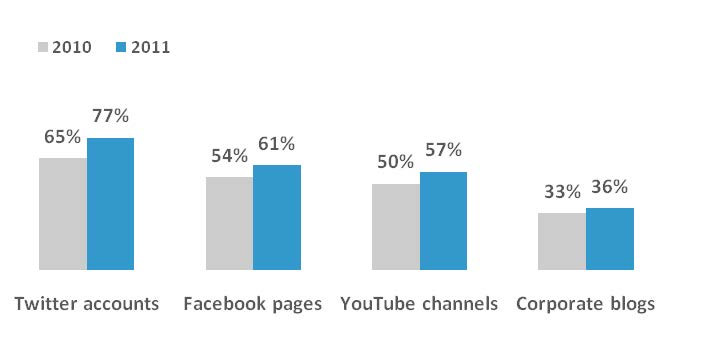A short summary on customer insights and market research data
Today’s luxury shoppers now use the Internet as a tool to find inspiration and to learn about luxury products or services. Across income and age, luxury brand websites, along with consumer review websites are frequently accessed to find information on luxury items before making a purchase.
The affluent group is also increasingly participating in social networking forums, allowing luxury shoppers to share their thoughts and opinions on luxury items. And when it comes to Internet advertising, they are comfortable with seeing online ads for luxury products and services and “clicking thru” to learn more and make a purchase. Read more



